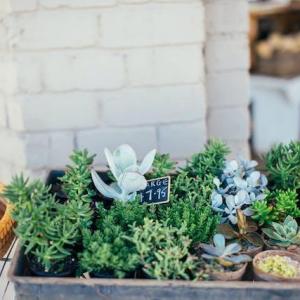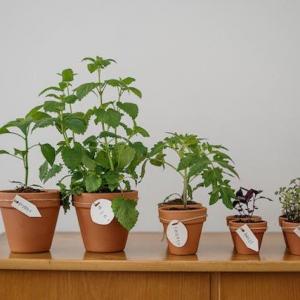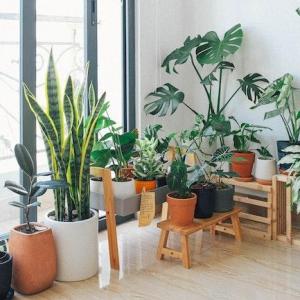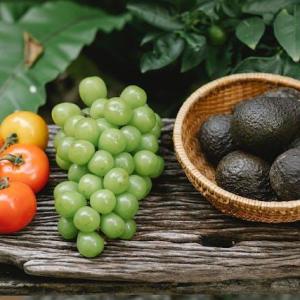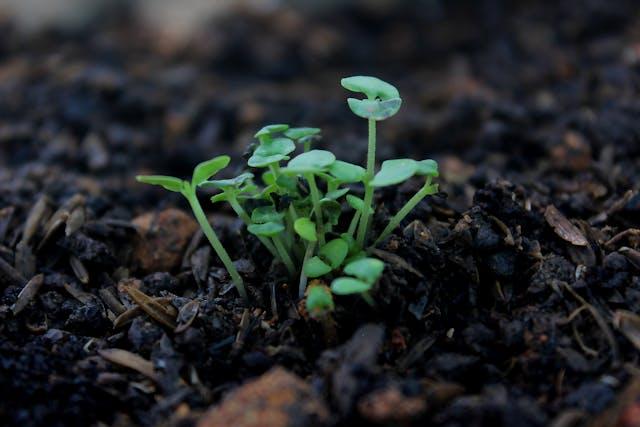
The Soil Microbiome: Unseen Guardians of Growth
Microorganisms
A vibrant community of microorganisms, including fungi, bacteria, and protozoa, toils away beneath the soil's surface to keep it healthy. In the breakdown of organic matter, nutrient cycling, and establishment of a symbiotic relationship with plant roots, these microscopic soil stewards are essential.Mycorrhizal Fungi
To increase plant roots' reach and improve nutrient absorption, mycorrhizal fungi collaborate with them to form a unique partnership. This subterranean partnership benefits the plants as well as the soil's overall structure and ability to hold onto water.Soil Structure: The Foundation of Healthy Growth
Understanding Soil Textures
There are different textures of soil, such as clayey, loamy, and sandy. Every texture is different and affects drainage, aeration, and water retention differently. To optimize the structure of your soil for plant growth, you must first understand its texture.Building a Loamy Haven
A garden's ideal foundation is thought to be loamy soil, which is a well-balanced mixture of sand, silt, and clay. It offers ideal drainage, water retention, and nutrient availability. Add organic materials to your soil, such as compost, well-rotted manure, or cover crops, to improve its structure.Nutrient-Rich Soil: Feeding the Garden's Appetite
The Role of Soil Nutrients
A wide range of nutrients are needed by plants for healthy growth, including micronutrients like iron and zinc and important macronutrients like nitrogen, phosphorus, and potassium. Knowing your soil's nutrient profile is essential to giving your plants the proper balance.Composting Magic
Kitchen scraps, yard waste, and organic matter can all be magically transformed into nutrient-rich humus through the process of composting. Composting is a great way to recycle organic waste and improve the fertility and structure of your soil by adding a lot of nutrients.pH Levels: Striking the Right Balance
The pH Dance
The acidity or alkalinity of the soil, or pH, has a significant impact on the nutrients that plants can access. The pH range of slightly acidic to neutral is preferred by most plants. You can make sure that your plants can get the nutrients they need for healthy growth by testing the pH of your soil and making necessary amendments.Lime and Sulphur
Gardeners use sulfur to lower pH in alkaline soils and lime to raise pH in acidic soils. These amendments are essential for preserving the delicate equilibrium between acidity and alkalinity and establishing a setting that is healthy for plants.Water-Wise Soil Management: Retaining Moisture and Aeration
Mulching Mastery
Mulching is a gardening superhero that controls soil temperature, inhibits weed growth, and retains soil moisture. Not only do organic mulches like compost, wood chips, or straws improve the visual appeal of your garden, but they also improve the general health of the soil.Aeration for Root Breath
Compacted soil impedes the flow of oxygen and limits the growth of roots. Frequent aeration, which can be attained by tilling the soil or using aerating tools, keeps the soil from becoming compacted, allowing roots to breathe and encouraging the flow of nutrients and water.Soil Conservation: Preserving the Garden's Foundation
Erosion Control Strategies
A silent threat to the foundation of your garden is soil erosion. Use techniques to prevent erosion, such as retaining walls, terraced beds, and ground cover planting, to protect your soil from the eroding effects of wind and water.Rainwater Harvesting
Rainwater collection benefits your soil health in addition to water conservation. Rainwater offers your garden a healthy and natural source of hydration because it is pure and devoid of salts and chlorine.Conclusion
The secret life of soil is a vibrant and hidden world beneath our feet, and as gardeners, we are stewards of more than just plants. We can fully realize the potential of our gardens by comprehending and preserving this ecosystem. Everything that affects the health and vitality of the soil, from tiny microorganisms to nutrient-rich compost, from pH adjustments to aeration techniques, is involved.Improving the base of your garden is an exploration where intuition and science collide with creativity and stewardship. Dig a little bit deeper, observe the world that is hidden from view, and create a garden where your plants grow and the soil is rich.
Article
Be the first comment
Elite Article




